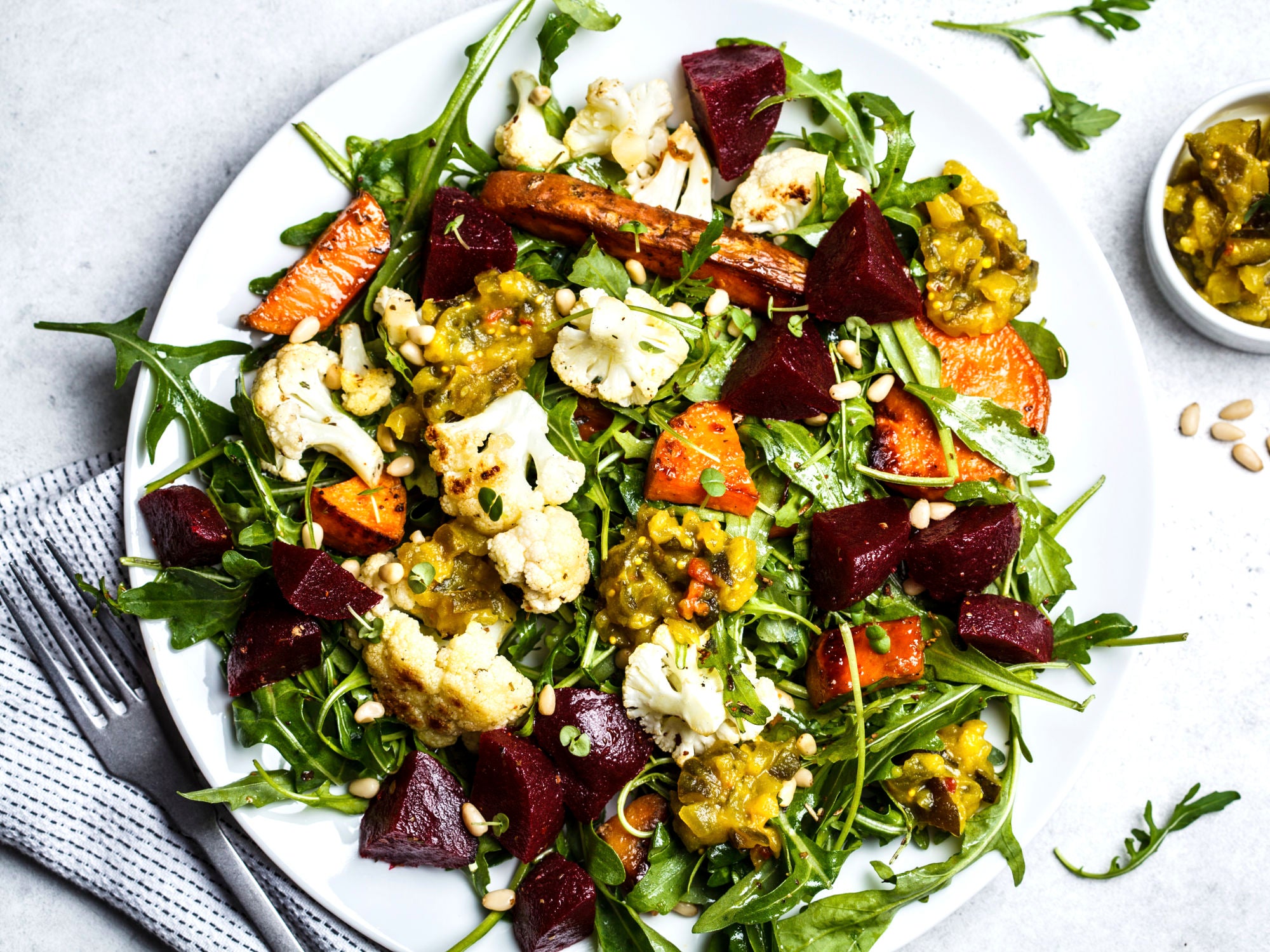
Plant-Based Diet: What It Is and What to Eat
One of the latest dietary trends, still not as well-known in Italy as it is overseas, is the plant-based diet. But what is it exactly? Calling it a trend is an understatement: sure, there are various celebrities who claim to follow plant-based principles, but it is much more than a fad.
A plant-based diet is a true lifestyle approach, starting with nutrition: it begins with respect for your health and body, which reflects respect for all forms of life and the planet in general.
The name itself says a lot: "plant-based" means, literally translated, based on plants, so a predominantly plant-based diet, but not only. It's not just about eating vegetables but consuming natural foods: unprocessed, untreated, not derived from the exploitation of resources and animals, preferably locally sourced.
The ethical component combines with a strong health-conscious intention: preferably cruelty-free, foods must be mostly unprocessed, fresh, healthy, balanced, light, and rich in essential nutrients. It's a plant-based but not vegan/vegetarian diet, emphasizing the quality and healthiness of foods more than their "moral" value, though with great attention to sustainability.
Plant-Based and Vegan Diet: What Are the Differences
A vegan diet is a regime entirely based on plant-based foods: nothing of animal origin is allowed, neither direct nor indirect, nor any other products—clothing or accessories—that involve animal exploitation.
No eggs, no milk, no honey, no leather, and more: in its strictest forms, veganism does not even include the use of yeasts, as the bacteria that compose them are undoubtedly living beings.
A vegan diet can be balanced if the person following it knows the foods and their combinations well, the necessary supplements, and how their body reacts to the lack of certain foods.
In contrast, a plant-based diet is, on one hand, more relaxed and, on the other, more stringent.
More relaxed because it is plant-based, but not exclusively plant-based: small amounts of animal products are allowed, but only under one condition, that is, the excellent quality of the food itself and its certified origin. For example, eggs can be consumed occasionally but only if they are very fresh, preferably locally sourced, from free-range farms where the hens are not exploited but can live outdoors without constraints.
It is also, in a sense, more stringent than veganism for this reason: as long as it is 100% plant-based, a vegan can also consume highly processed foods like industrial French fries. In contrast, those following a plant-based diet would never admit such highly refined foods.
What to Eat in a Plant-Based Diet
Great attention to the quality and nutritional values of foods: no to refined sugars and hydrogenated fats, for example, no to synthetic dyes and sweeteners, no to everything that mother nature could not produce spontaneously.
But what can you eat, then, if you undertake the plant-based diet?
Go for whole grains and flours, extra virgin olive oil, seasonal fruits and vegetables: these foods are the basis of every meal. Sweets can be consumed only if homemade with controlled, simple, and less refined raw materials, preferably of plant origin—for example, replacing milk with soy or rice beverages, and eggs with other natural thickeners like flaxseeds, psyllium husks, or just ripe bananas. Yes to nuts and seeds.
Meat and fish? They can be consumed in small quantities occasionally, always respecting the main rule, that is, a natural and controlled origin.
A big no to everything ready-made and processed: ready-made sauces, chips, cookies, various snacks, sugary cereals, spreads, packaged snacks, and many other notoriously unhealthy foods. Junk food and fast food are, therefore, absolutely banned!
Health Benefits of the Plant-Based Diet
Eating primarily fresh, seasonal fruits and vegetables, cooked simply without overdoing the seasonings, combined with unrefined grains and flours, little sugar, plenty of water: it sounds like the recipe for perfect health.
Of course, it should be studied with a professional but, if well-structured and planned, it is a diet that can provide great benefits in terms of weight loss, cardiovascular health, diabetes-related issues, hypertension, and inflammation.
Indeed, it is full of micronutrients: minerals like calcium, iron, magnesium, potassium, and zinc, and vitamins like A, C, E, and folic acid, as well as plant sterols that combat cholesterol and fibers that help intestinal health. Plants also contain some truly powerful antioxidants, such as polyphenols, anthocyanins, and carotenoids, like lycopene found in tomatoes, valuable for their natural anti-inflammatory properties.
Eco-Sustainability and Food Awareness in the Plant-Based Diet
To undertake this path, you need to be conscious consumers: if you are used to shopping only for special offers and refined foods loaded with fats and sugars... it will be difficult to take this step, but not impossible.
You need to learn to read product labels, both in terms of ingredients and their origin and processing. Only by truly knowing what you put on the table—both in terms of origin and nutritional values—can you understand if it is suitable for this diet.
And not just that: consuming fresh foods means following seasonality. In October, you eat pumpkins; in July, you eat watermelons; it can't be otherwise: demanding to eat strawberries in December and chestnuts in June creates the need to force nature's hand, with intensive greenhouse farming and processing methods to preserve foods beyond their proper season.
This attention to following the rhythm of nature, avoiding industrial forces, is good for the environment, although plant-based is more focused on health than the purely ethical choice of veganism.
For more information on the plant-based diet, we leave you with an article from the Harvard Medical School and one from the Italian ANSA.
Recommended products
-
Quick shop for Organic Psyllium Peels Powder
Liquid error (snippets/product-card line 378): product form must be given a product


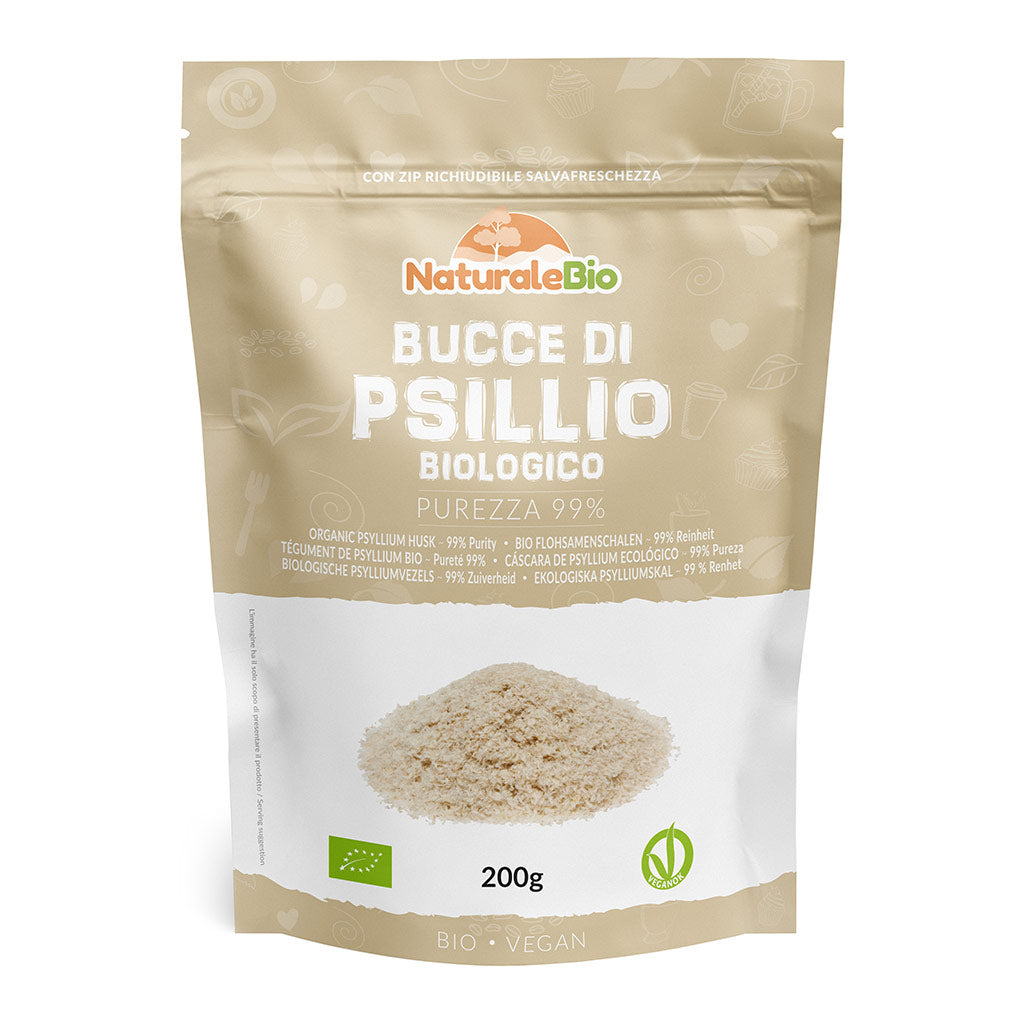
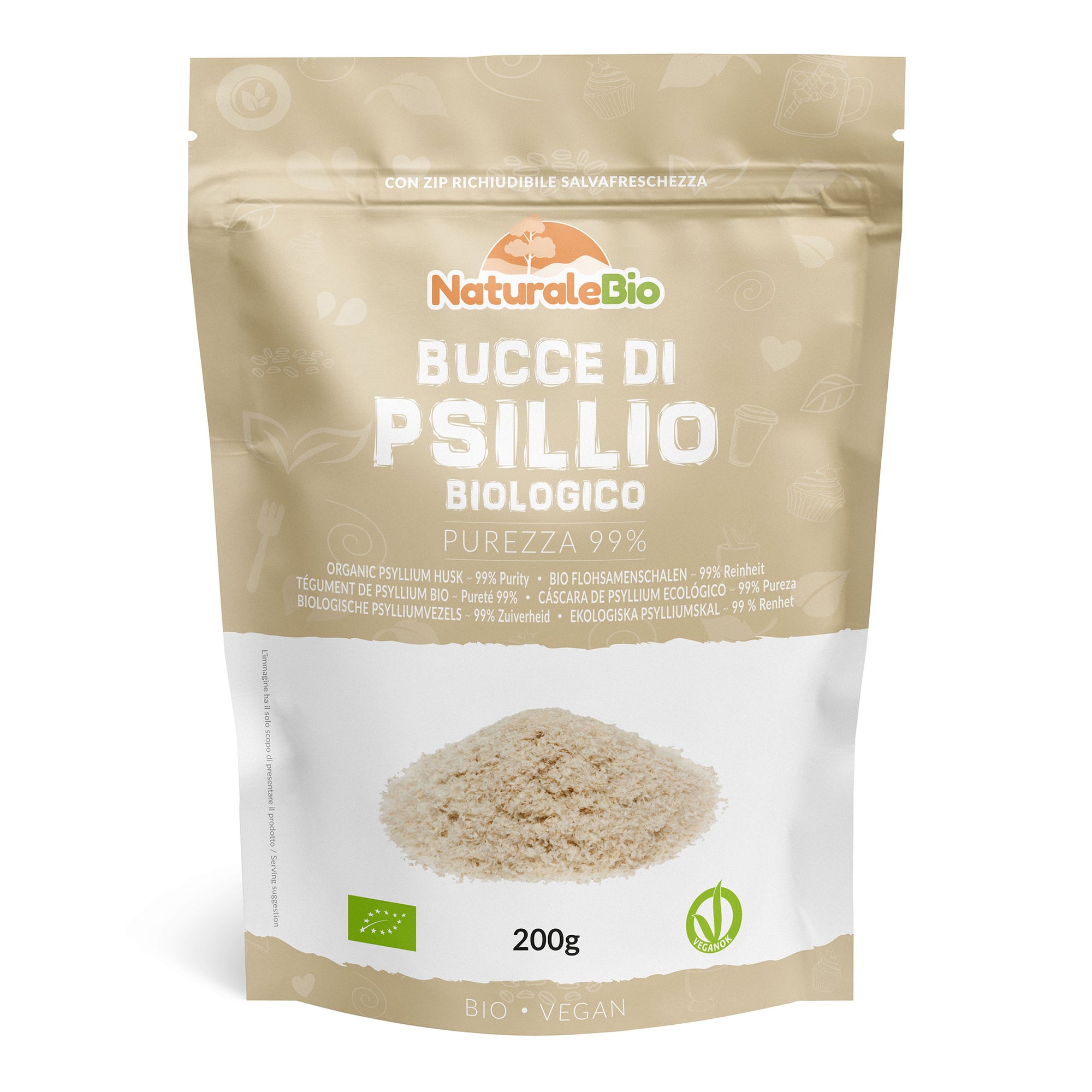
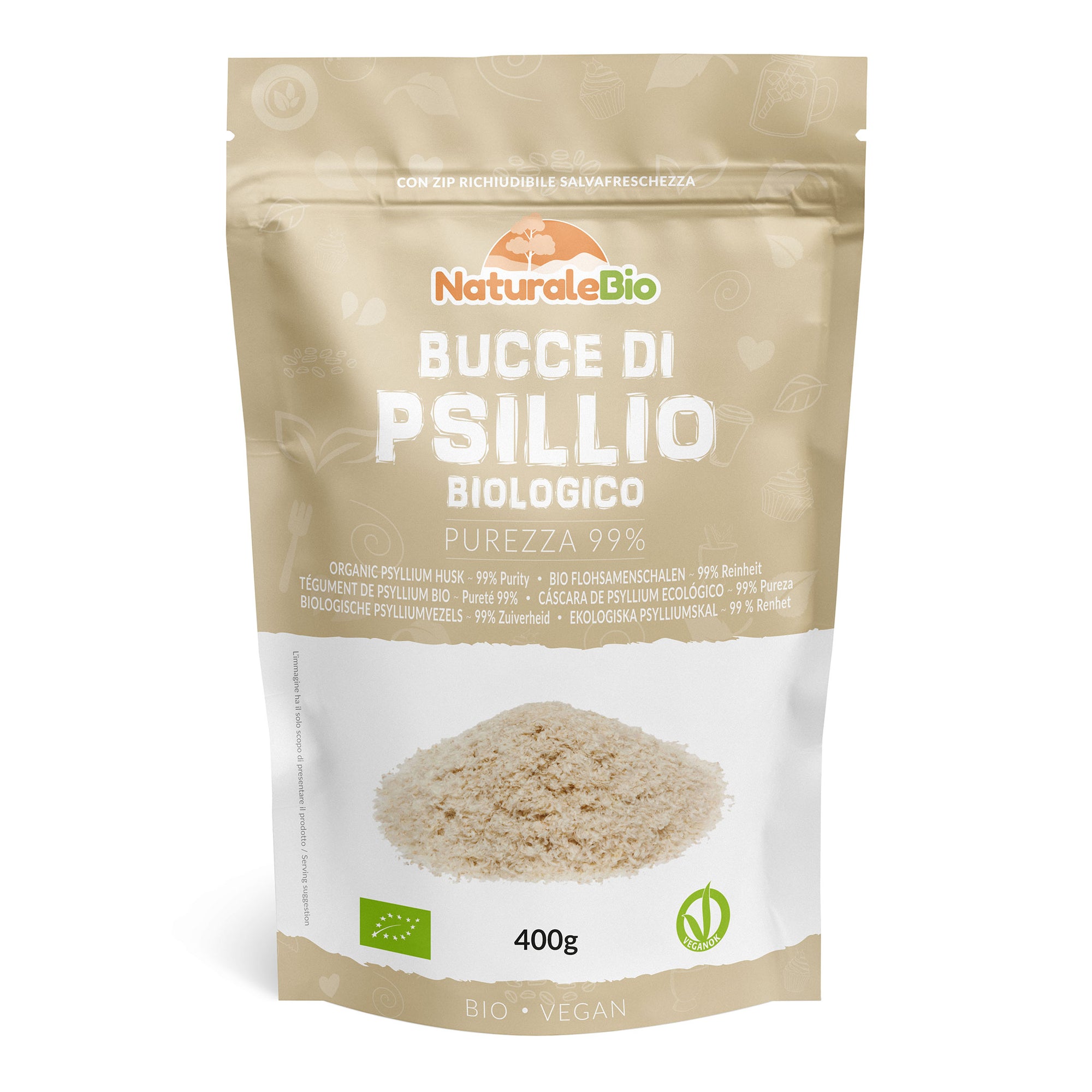
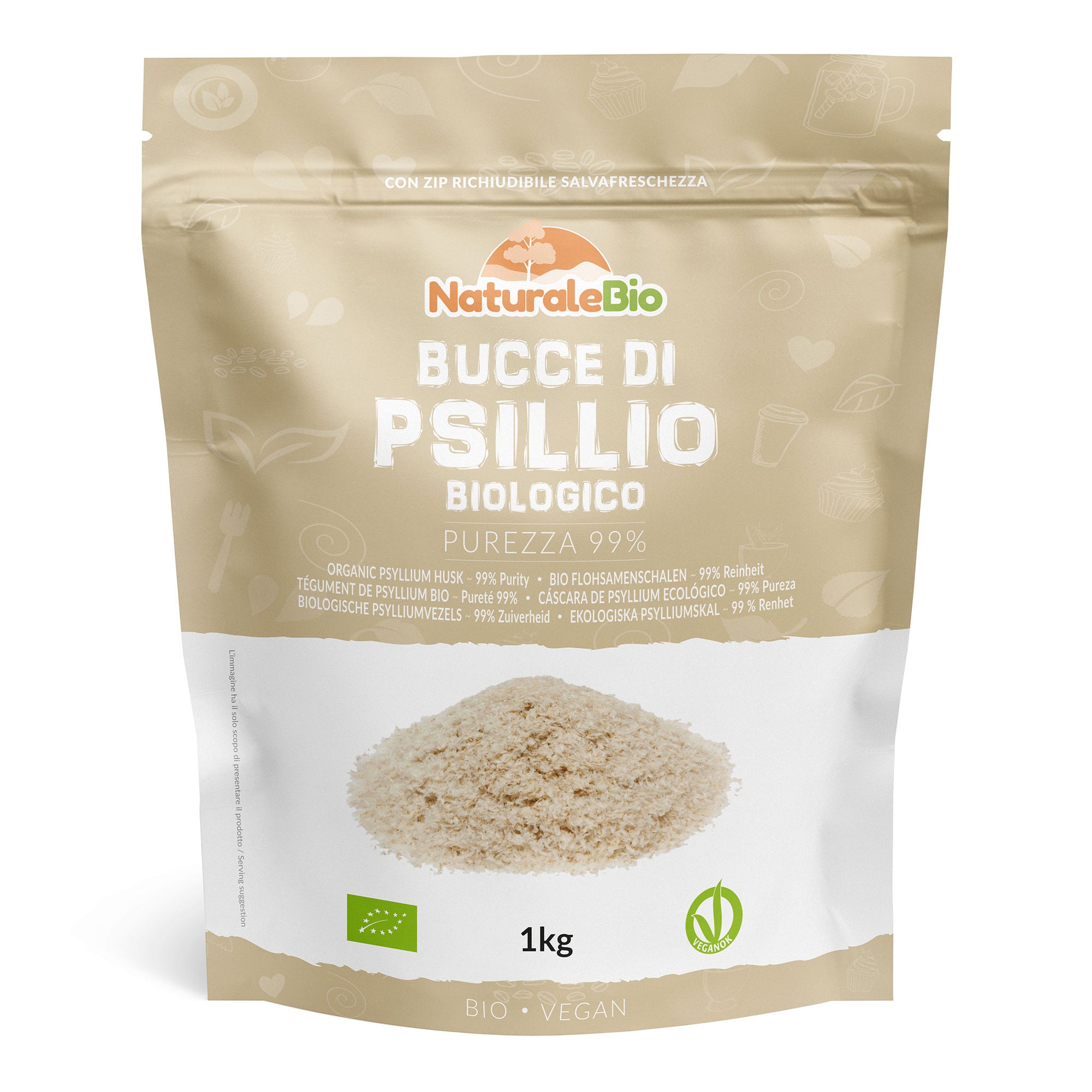
0 comments